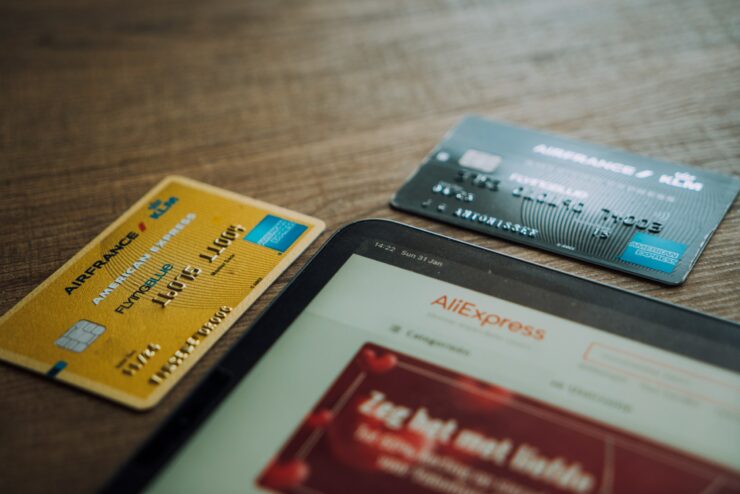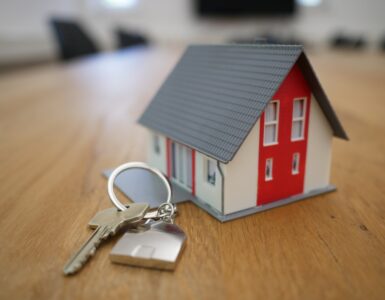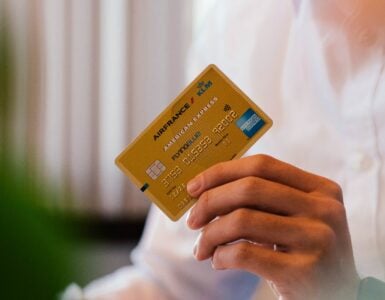Paying off your credit card quickly will save you money in interest and will help keep your credit score in good shape. Here are five tips that’ll help you pay off your credit card more quickly.
1. Don’t just stick to the minimum payments
When you have a credit card there are three ways you can choose to repay the money.
- You can choose to repay the minimum amount set by your provider.
- You can agree to pay a set amount above the minimum repayment
- Or, you can decide to pay the full statement balance.
The minimum amount set by your provider tends to be very low – often as low as 2%. If you only repay 2% of the loan amount each month it could take you a very long time to clear this debt. Plus, you’ll be paying huge amounts of money in interest.
If you want to start repaying more of your balance then increase your monthly payments. This will save you money, and will mean your debts are paid off more quickly.
For example, if you have £1,000 debt on a credit card with 25% interest:
Option A – You make the minimum repayment of 2%. It’ll take you 4 years and 8 months to pay off. You’ll pay an extra £624 in interest.
Option B – You increase your debt repayments by £50 a month. It’ll only take you 2 years and 2 months to repay. And you’ll only pay an extra £265 in interest. That’s a total saving of £359.
If you decide to pay the full statement balance each month, you won’t have to pay any interest on the amount you’ve borrowed. This is the most responsible way of using a credit card, as borrowing money in this way does not cost you anything.
2. Set budgets
A budget will help you understand if you have enough money to increase your debt repayments. It’ll also help you see where your money is going, and how much you have to spend each month on essential expenses.
To create a budget, write down your monthly income and then add up the cost of all your monthly expenses (bills, food, travel, etc). The amount of money you’re spending on monthly expenses should be less than or equal to your monthly income.
If your budget shows that it’s currently not possible to increase your debt repayments then consider if there are any ways you can reduce your costs, or increase your income.
3. Prioritise your debts
If you have more than one credit card, another trick that’ll help you pay off your debts more quickly is to assess which cards are costing you the most money.
Start by making a note of each credit card debt you have, and their interest rates. You’ll be able to find this on your credit card statement, or your credit card company will be able to tell you.
If you have any debts secured against your home, or on rent or utility bills then prioritise paying these off first. After that, you should prioritise paying off the credit cards with the highest interest.
You’ll need to make sure that you’re making the minimum monthly repayments on all your cards, but listing your debts by priority will help you understand where to redirect any extra repayments.
For example, if one card has a 30% interest rate, another 20%, and another 15%, make sure you’re paying at least the minimum amount on all three cards, as well as paying extra to the card with the highest interest. Once you’ve fully cleared that card, you can then focus on paying off the card with the next highest interest rate.
4. Reduce the amount of interest you’re paying
Another tip for paying off your credit card more quickly is to cut credit card costs.
One way you can do this is by getting a balance transfer card. If you have a good credit rating, you should be able to move all your current credit card balances to another card with lower interest rates. This lets you put your money toward repaying the actual debt, instead of a chunk of your money going toward repaying the interest.
You’ll usually need to pay a small fee (between 1.5% and 3% of the balance transferred) to transfer your money to a balance transfer card, but this is small in comparison to the amount you’ll save by not paying interest. Find out more about how 0% balance transfer cards work here.
Some personal loans may even offer lower interest rates than credit cards. With a debt consolidation loan you work out the total value of all your debts combined, and then use a personal loan to pay off your credit card debt. The lower interest rates mean more of your money is therefore going toward repaying the debt.
5. Make sure you’re using your card properly
Credit cards are a great financial tool, but if not used properly can lead to problem debts. One way to pay off your credit card debts more quickly is to change your existing habits, so you don’t make the situation worse.
That means repaying more than the minimum amount. It means not maxing out your credit limit. Avoiding using your credit card to withdraw money from an ATM. And paying all your bills in full and on time.
If you’re struggling to pay all your bills on time, setting up a direct debit for your credit card repayments can massively help. Doing this also means you’ll never forget to pay so won’t be charged any late payment fees!
Summary:
We hope these five tips will help you tackle your maxed out credit cards and take your first steps towards becoming debt free.
Find out how you can reduce your credit card costs by heading to the Save Money tab in Emma – we’ll help you compare a range of different credit cards and loans, suggesting the best deals for you and your money!







[…] See More: How To Pay Off Your Credit Card Quickly […]
[…] you’re in debt, always pay off as quickly as you possibly can. Only paying off the minimum payments will mean you’ll spend more time repaying the interest […]
[…] you have any debts, paying off more than the minimum amount will give lenders the confidence that you can manage your money. Remember, the game is about […]
[…] a monthly budget also helps you spend within your limits, and can keep you out of debt. It also highlights any opportunities to cut costs, and can therefore help you prioritize adding […]